Advocacy Powered by Census Data: Pushing for Change with Concrete Evidence
Estimated Reading Time: 10 minutes
Informed advocacy can bring about impactful change. Groups like the American Civil Liberties Union (ACLU) have long used census data to fortify their advocacy efforts on pivotal societal issues.
| Why | How | Key Stakeholders |
|---|---|---|
| Census data’s granularity aids in pinpointing disparities, thereby giving advocacy efforts a robust foundation. | The ACLU, post-2020 Census, used demographic data to address disparities in criminal justice reforms. | Community-Based Organizations
Local Governments Businesses |
Next Steps for Key Stakeholders
| CBOs | Local Governments | Businesses |
|---|---|---|
| 1. Organize training workshops on census data tools. | 1. Encourage community groups to utilize census data for informed advocacy. | 1. Offer platforms for data-driven advocacy discussions. |
| 2. Partner with advocacy groups for combined efforts. | 2. Collaborate with NGOs on data-driven campaigns. | 2. Sponsor initiatives pushing for evidence-based changes. |
| 3. Develop resources to simplify census data for public understanding. | 3. Host public forums discussing census data’s relevance in societal change. | 3. Facilitate discussions between advocacy groups and industry experts. |


